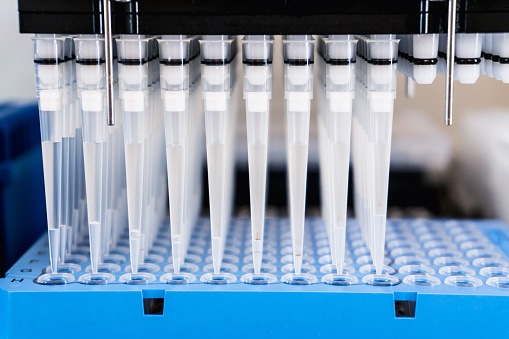
During a late-breaking oral session at ASN Kidney Week 2024, Jonathan Barratt, PhD, of the University of Leicester, Leicester, United Kingdom, reported final 24-month data from the IGNAZ study. The presentation was titled Felzartamab for IgA Nephropathy: Final Results of the IGNAZ Study.
The likely source of pathogenic galactose-deficient IgA1 (Gd-IgA1) and autoantibodies in IgA nephropathy (IgAN) is CD38. Felzartamab, a monoclonal antibody, binds to CD38 on plasma cells in patients with IgAN. IGNAZ is a randomized, double-blind, placebo-controlled phase 2a study that examined the efficacy and safety of felzartamab versus placebo in patients with IgAN.
The study cohort included patients 18 to 80 years with biopsy-confirmed IgAN, proteinuria ≥1.0 g/d (≥0.5 g/d for Japanese patients), and eGFR ≥30 mL/min/1.73 m2 who were using renin-angiotensin inhibitors ≥3 months. In part one of the trial, patients were randomized 1:1:1:1 to placebo (n=12) or felzartamab in one of three arms: (1) two doses in 15 days (M1; n=12); (2) five doses in 2 months (M2, n=11); or (3) nine doses in 5 months (M3, n=13). In part two of the study, Japanese patients received open-label M3.
Of the overall cohort, 67% were men, mean age was 41.6 years, mean urine protein-creatinine ratio (UPCR) was 1.7 g/g, and eGFR was 74.6 mL/min/1.73 m2. Forty of the 48 patients in part one completed the study treatment. Participants in the felzartamab arms had rapid, clinically meaningful reductions in UPCR compared to those in the placebo arm. The greatest effect was observed in the M3 arm. Compared to the placebo arm, mean eGFR declined less in the three felzartamab arms. In the felzartamab arms, reductions in IgA were rapid and durable, lasting 19 months after the last dose. IgG recovered by six to nine months. The efficacy in part two was similar to that in the part one M3 arm.
In general, treatment-emergent adverse events were grade 1 or 2 and were not dose dependent. Infusion-related reaction (IRR) was the most common treatment-related adverse event and occurred usually on dose one. There was one serious treatment-related adverse event of IRR, and five patients discontinued study participation due to IRR/hypersensitivity. All three arms had similar incidence of infection, and all were grade 1 or 2 and nonserious.
In summary, the researchers said, “Felzartamab was generally well tolerated and led to sustained proteinuria reduction and reduced eGFR decline versus placebo, indicating potential disease modification in patients with IgAN. Investigation of felzartamab in patients at high risk for loss of kidney function is warranted.”
Source: Barratt J, Floege J, Lafayette RA, et al. Felzartamab for IgA nephropathy: final results of the IGNAZ study. SA-OR101. Abstract of an oral presentation at the American Society of Nephrology Kidney Week 2024; October 26, 2024; San Diego, California. Funding for the study was provided by Human Immunology Biosciences, Inc., a Biogen Company.







 © 2025 Mashup Media, LLC, a Formedics Property. All Rights Reserved.
© 2025 Mashup Media, LLC, a Formedics Property. All Rights Reserved.